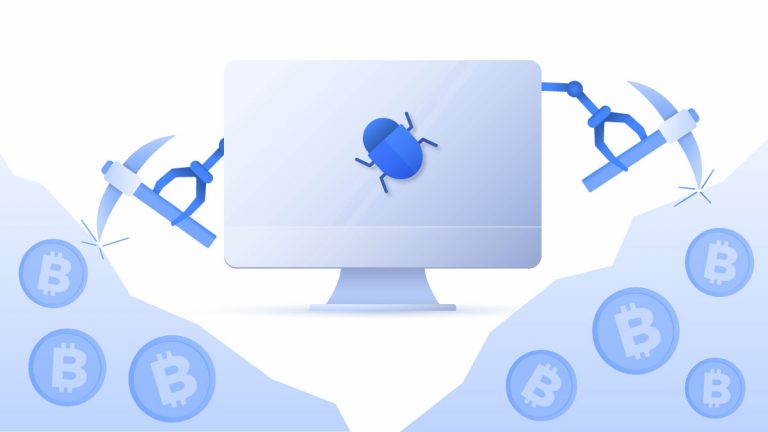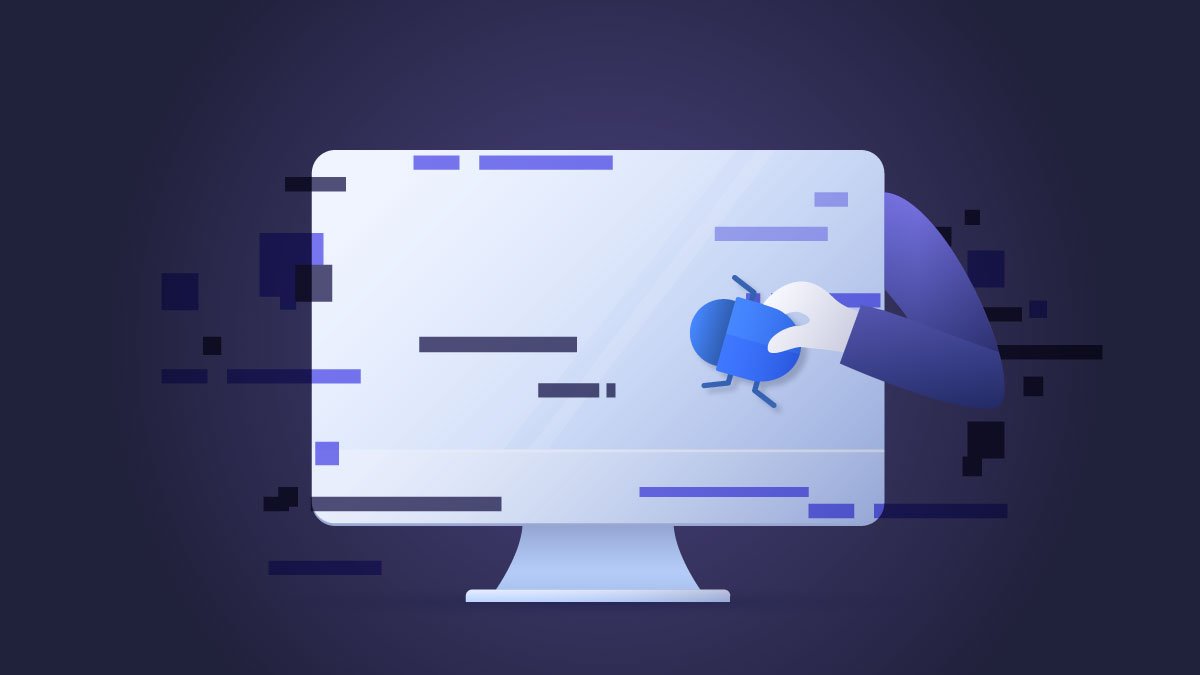
The cryptocurrency revolution steadily marches on. While it has yet to completely reshape the financial and other systems of everyday life, crypto acquisition and usage grow yearly.
There is so much to love about cryptocurrency. From its decentralized and democratic nature to the higher levels of security it can provide through the blockchain, crypto is changing the world around us.
Unfortunately, as with so many other digital world areas, hackers have found a way to exploit innocent user’s computer resources to mine cryptocurrency. This means whether you’re a diehard crypto fan or just someone trying to use Facebook and YouTube, this threat could be coming for you.
What is crypto hacking, and how can you defend against it? Find out everything you need to know here.
Understanding How Cryptocurrency Works
Before diving into cryptojacking you must understand how cryptocurrency works to get a complete picture of the threat it poses to you.
The whole system of cryptocurrency is underwritten by the blockchain. The blockchain is effectively a ledger of transactions so people can see the detailed history of bitcoin transactions.
Think of it like this—instead of sending your money through the banking system and your bank verifying the transaction, the blockchain does it instead. The blockchain is made up of a computer network that records the sender’s and receiver’s addresses and the amount of crypto being sent.
The ledger is stored across multiple computers to ensure the complete accuracy and authenticity of data. In fact, this is one of the best features of crypto since if hackers do manage to break into one computer and manipulate the information, there are countless others with the true data history of the coin.

Cryptocurrency Mining
These computers are known as crypto miners. They add transaction information into the blockchains, which then goes into the blockchain.
As another security feature, these additions can only be accepted if they are correctly hashed (think secured). Doing so requires mathematical calculations that take up time and an immense amount of computer processing power.
To incentivize users to provide their computers to perform hashing tasks, crypto coin providers will provide them a reward in the form of crypto.
How much you get depends on the network and the number of other people mining. In the past, however, it wasn’t too hard to receive one full Bitcoin for assisting in these efforts. You could even use a laptop to mine crypto back in the early days.
With crypto more popular than ever, it’s a lot more complicated. Now you have to have some serious computing power as in racks of servers to make crypto mining profitable.
Enter the threat of Cryptojacking
You could be a legitimate crypto minter. That means you invest in the setup and resources. Or you could do what hackers do—hijack hundreds or even thousands of computers to mine you.
Cryptojacking is the unauthorized use of somebody’s laptop, desktop, or even mobile device to mine crypto. By creating a massive network of computers dispersed across the web, these hackers can use their victim’s device resources, internet, and electricity to reel in some serious profits.
Hackers tend to be subtle about this. They generally won’t try to max out one device’s resources. They’ll steal just enough that you may notice slower performance or overheating issues.
But spread out over thousands of devices, this can add up, allowing them to mine large amounts of crypto.
 Why Hackers Love Cryptojacking
Why Hackers Love Cryptojacking
Hackers are increasingly turning to cryptojacking because it’s low-risk, low-investment, and an easy way to get steady and large profits.
Unlike other types of malware, like ransomware, where there is no guarantee the fraudsters will get paid, cryptojacking ensures they will make money without calling too much attention.
The Two Types of Cryptojacking
There are two main ways fraudster engage in cryptojacking:
- Crypto mining malware: Hackers will trick you into downloading malware often through social engineering attacks. Once you click on the file or download, the hidden malware will launch and run quietly in the background. Since it’s often packaged in legitimate files, it’s very easy for this to go unnoticed.
- Browser-based attacks: This is a very clever attack style. In it, hackers put malicious code into a web page. This script is automatically run anytime somebody lands on the site. There’s nothing stored on your computer, but the mining will take place for as long as the browser/tab is open. Some even have pop-under windows that hide taskbars under you exit your browser.
How You Can Defend Against Cryptojacking
Crypto Hacking is a serious threat. Do you really want somebody stealing your computer’s resources, running up your electricity bill, and putting your cybersecurity at threat? Don’t forget that if they managed to get malware on your computer, there are other ways hackers can put you in danger.
Fortunately, awareness is the first step in beating cryptojackers at their game. Next, arm yourself with a VPN.
VPNs encrypt your internet connection and hide your IP address. The result is you’re not only much safer but also more anonymous in the online world. That’s why VPNs are the best first line of defense against all kinds of digital threats.
Next, learn to watch out for social engineering scams. 92% of malware is distributed by email. If you know how to recognize what these attacks look like, then you’ll not only defend against cryptojacking but other cyber threats.
Finally, keep your computer and apps up to date and with the latest anti-malware software installed. This is an excellent way to keep all kinds of hackers out.
Don’t let cryptojacking take you down. Protect yourself with these highly effective cybersecurity tools now.
Right now, readers can save 68% off NordVPN’s two-year plan (normally $286) by using the code BTC at checkout.
This is a sponsored post. Learn how to reach our audience here. Read disclaimer below.
The post Cryptojacking: A Rising Threat to All Internet Users appeared first on Bitcoin News.
from Bitcoin News https://ift.tt/3mXcOqI
Comments
Post a Comment